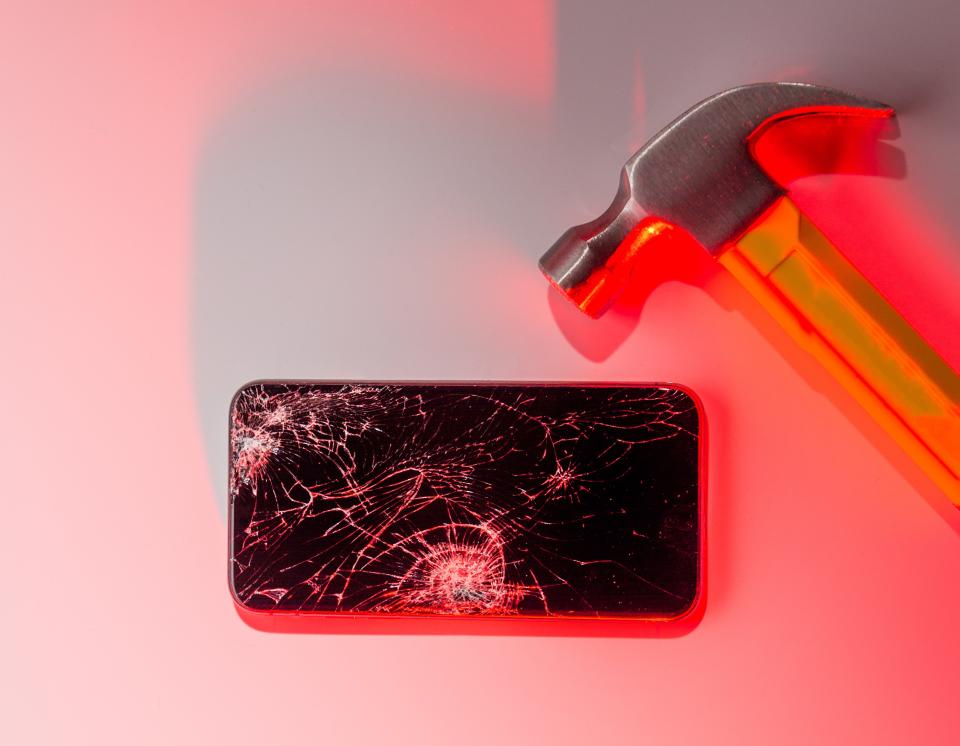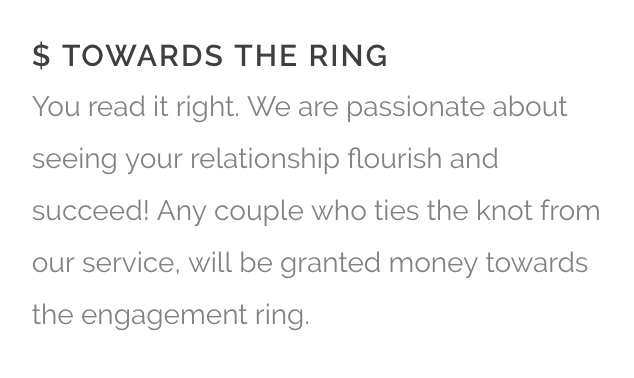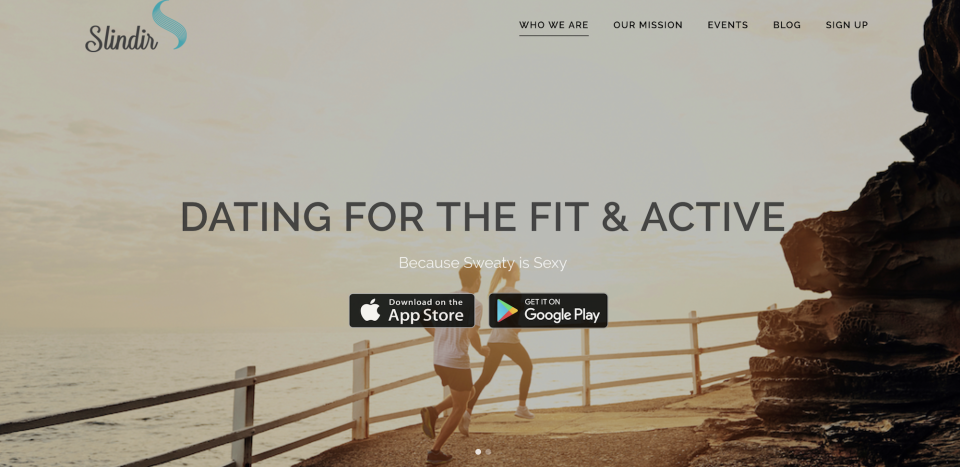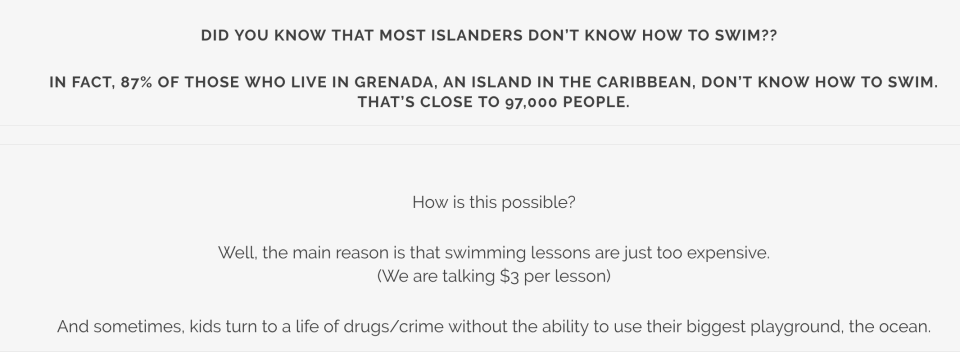The Big Problem With Slindir, the New Dating App for “Healthy People”
This is an op-ed by Allure's digital wellness editor Rosemary Donahue about the problems with an app called Slindir, which bills itself as a dating app for "healthy people."
As the wellness editor here at Allure, I get a fair amount of PR pitches that aren't exactly on-brand for us. Responding to them all would be a full-time job in and of itself, which is why I typically only respond to the brands I plan on covering. But then I got an email asking me to cover an app called Slindir, the specifics of which caused me to make a face I instantly worried might be permanent — and then, I got mad.
Most dating apps aim to make our romantic lives easier by helping us find potential matches for coffee, hook-ups, or long-term partnership basically anytime we have our phones in hand. It makes sense that many of these apps aim to help us better find companions by allowing the customization of certain preferences (though that, in itself, can be problematic). However, Slindir calls itself a "one-of-a-kind dating app, created specifically for like-minded individuals, leading a healthy and active lifestyle, with a mission to match on what truly matters." Yeah. Seriously.

An Open Letter to a Dating App for "Healthy People" From a Wellness Editor
Getty ImagesAs I said, I don't typically respond to PR messages in a negative manner, but I had a particularly awful feeling in my gut upon reading all of this. From the name to the tone of much of the messaging to its functionality, it hits many wrong notes. Though the product claims to be about health as a whole, the play on words makes it seem like only “slender” people are allowed to use the app, which perpetuates the already-rampant issue of fatphobia off the bat and is triggering and offensive to plus-size people, folks with body image issues, and people with eating disorders.
While health does matter, the messaging that it’s “what truly matters” juxtaposed with images of thin, white, able-bodied people exercising perpetuates a dangerous message.
If the person sending the email had done even a small amount of research on the recipient of the pitch, they'd have known that I, in fact, have an eating disorder, along with 30 million others, just in the U.S.. To create an app that is potentially triggering to so many folks is exclusionary and dangerous.
Much of the product messaging is also heteronormative, as well as pretty ableist — and disabled and chronically ill folks face enough issues when it comes to dating without an app that seeks to exclude them from the start. A quote on Slindir's home page says, "The ability to share a similar lifestyle contributes to shared positive experiences, which forms the foundation of a lasting relationship." This core messaging is flawed and implies that people with different abilities can't also share positive experiences and build healthy foundations for lasting relationships together.

An Open Letter to a Dating App for "Healthy People" From a Wellness Editor
SlindirAnd while it’s true that many date to find a lifelong partner, many apps are moving away from heteronormative messaging, so the fact that Slindir feels the need to offer an engagement ring incentive (for just one ring, not two!) hits a pretty sour note. This is yet another failure when it comes to target research, because I'm pretty damn queer, and I definitely don’t buy into the "first-comes-love" narrative.

An Open Letter to a Dating App for "Healthy People" From a Wellness Editor
SlindirAnd while, yes, it’s great to date people you have common interests with, part of the dating process is finding out exactly what those interests are, and it seems iffy to offer a service that aims to weed folks out based solely on whether or not they prefer other hobbies over the gym.
While health does matter, the messaging that it’s “what truly matters” juxtaposed with images of thin, white, able-bodied people exercising perpetuates a dangerous message that we see far too often in mainstream media, especially when it comes to ideas about who is allowed to pursue (and be pursued) when it comes to romance. To put it plainly, it says that the only folks who are worthy of love are those who look a certain way and are able-bodied, and that's fucked up and untrue.

The Big Problem With Slindir, the New Dating App for “Healthy People”
SlindirAdditionally, after seeing a note on the site that says, "A portion of the profits from Slindir will go towards supporting programs all around the world that help teach locals how to swim," I reached out to ask exactly what that meant — what portion of profits, and how it would decide who to donate to.
The founder of the brand responded, writing, "I’ve already chosen the first organization that I’m going to donate to, it’s located in Turks and Caicos and this was the organization that brought this problem to my attention. The app is currently free so the exact portion hasn’t been decided but the beauty is that a little goes a long way so I’m excited to be able to make such an impact. And as a competitive swimmer myself, not only can I donate monetarily but I’ll also be donating my time to help give lessons as well. In the meantime, I volunteering my time to help locals here in San Diego learn how to swim."
This answer brings up additional questions, like where the promised money for the engagement rings (again, just one per couple) will come from, if a couple who meets on the app decides to marry. But given that I am prone to headaches and it seems the brand hasn't quite figured out its own strategy yet, I'll just let that question remain unanswered.
So I would like to urge the makers of Slindir (and any users) to rethink the way they view health and wellness as a whole. In many ways, I am an unwell wellness editor. I grapple with mental health issues daily. I struggle to control my chronic pain. I have to work hard to keep a lid on my body image issues, and yes, I have an eating disorder and a complicated relationship with food and exercise.
Frankly, a service like this that conflates the idea of health simply with taking a quick jog or trip to the gym rather than developing a loving, nurturing relationship with one's body and mind (while understanding the nuances of such a relationship and acknowledging that it's not a linear journey to self-love) is irresponsible and dangerous on many levels. And in my opinion, that's not healthy at all.
Now, read some stories about dating that won't make you puke:
Now, watch five women talk about overcoming self-hate and learning to love their bodies:
Follow Rosemary on Instagram, Twitter, and her website.

